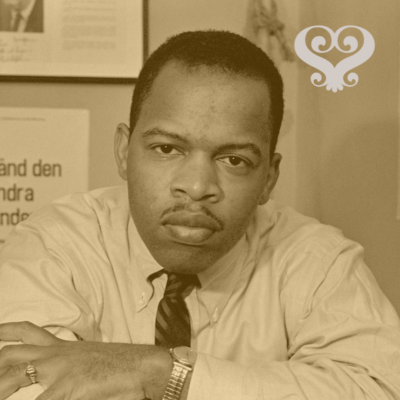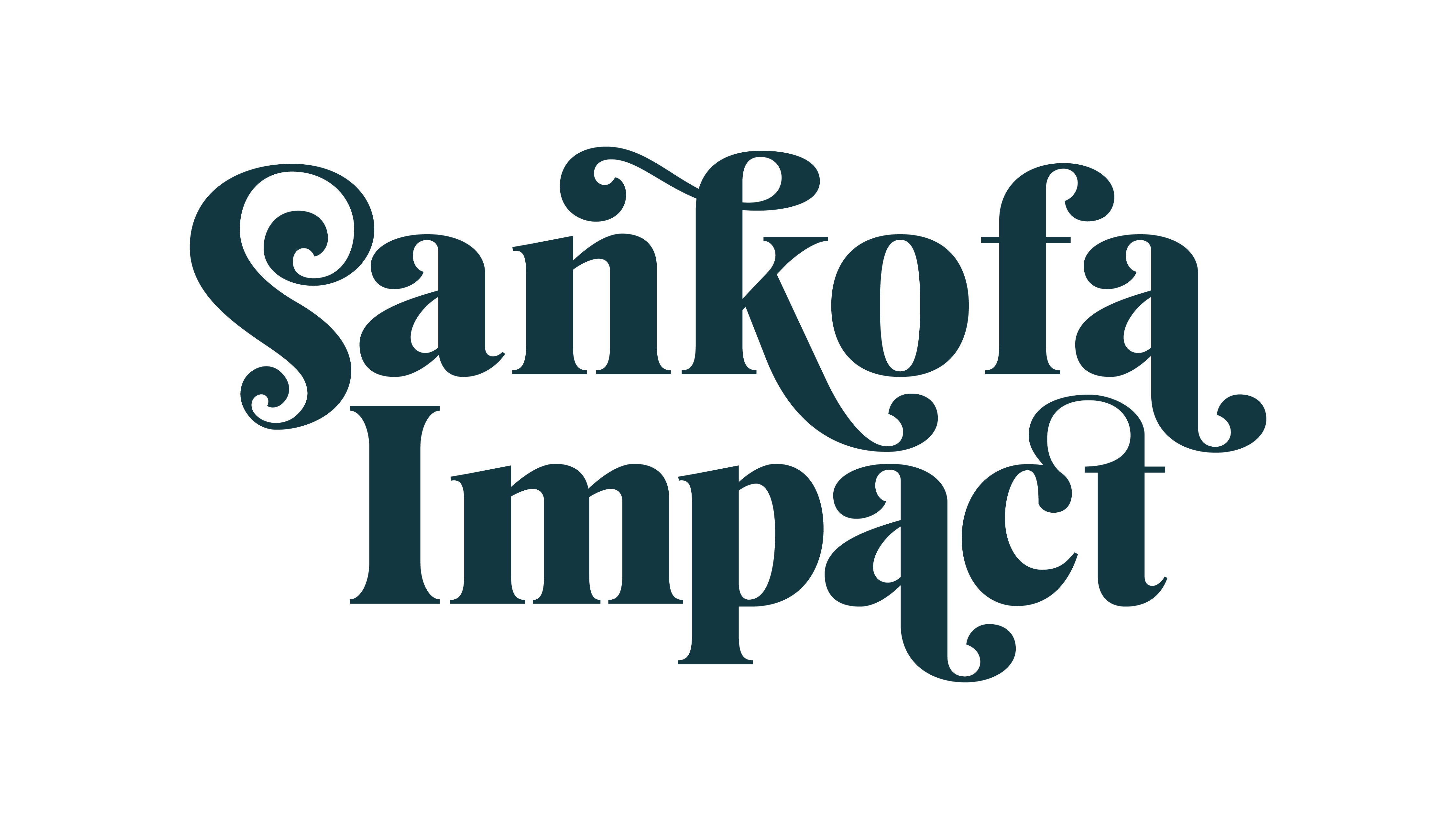“Freedom is not a state; it is an act. It is not some enchanted garden perched high on a distant plateau where we can finally sit down and rest. Freedom is the continuous action we all must take, and each generation must do its part to create an even more fair, more just society.”
John Lewis
Born in 1940 to parents who were sharecroppers, John Lewis grew up on a farm in segregated Alabama. He became an activist at an early age after attending segregated schools for the duration of his education.
Despite segregation, Lewis graduated from American Baptist College in Nashville and then went on to study religion and philosophy at Fisk University. During his time as a student he became involved with the civil rights movement, organizing sit-ins and participating in the 1961 Freedom Rides.
Lewis became one of the founding members and Chairman of the Student Nonviolent Coordinating Committee (SNCC), an organization that specialized in organizing nonviolent protests. His work at SNCC included voting registration drives, involvement in the Freedom Summer, and organizing nonviolent protests. He was involved in organizing the March on Washington in 1963 where he was a keynote speaker, was attacked during Bloody Sunday in Selma 1965, and pushed for the Voting Rights Act of 1965.
Later in his career he would be elected to the U.S. House of Representatives in Georgia’s 5th District where he championed efforts toward civil rights, voting rights, and social justice. A tireless defender of human rights, Rep. Lewis would lead an annual delegation of lawmakers and staff through the South, always culminating in Selma for the jubilee of Bloody Sunday in 1965. It was here that Sankofa Impact crossed paths with Rep. Lewis for the last time, just mere months before his passing in the summer of 2020.
John Lewis’s commitment to nonviolence, civil rights, and social justice is a source of inspiration for our organization. His tenacious work toward liberation for all shows the tremendous impact that resistance and resilience have on our society. His massive legacy motivates all of us to follow his lead in creating good trouble, necessary trouble, in the face of unrelenting adversity.

